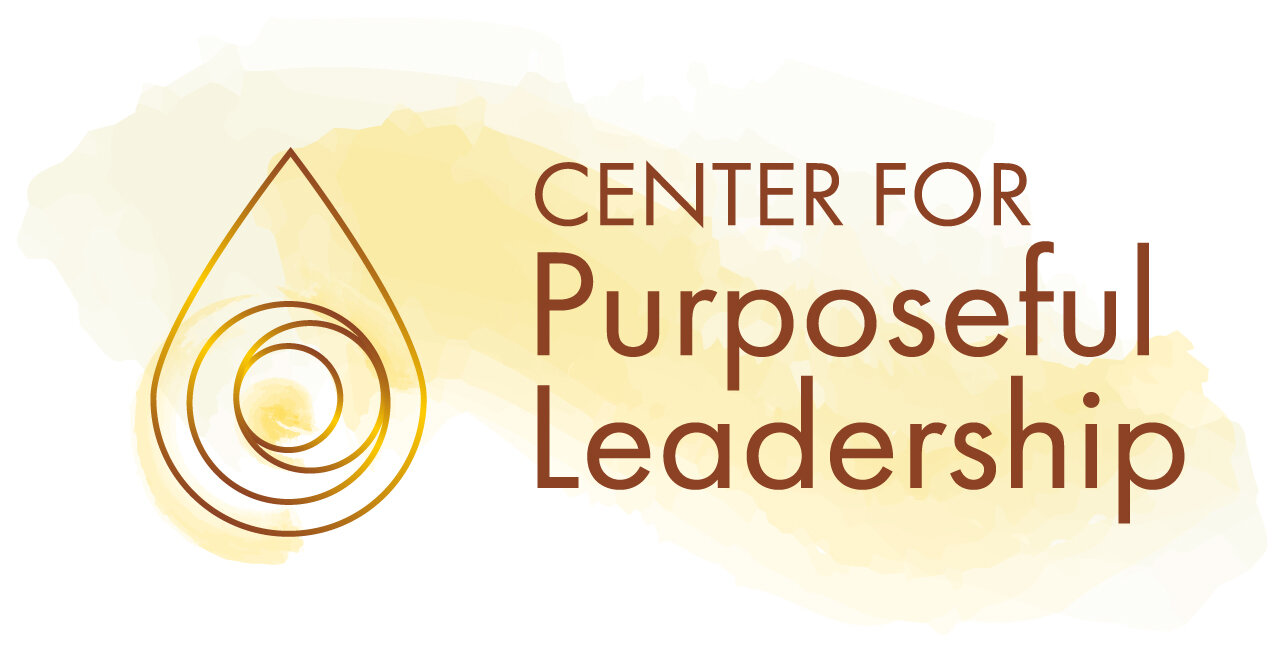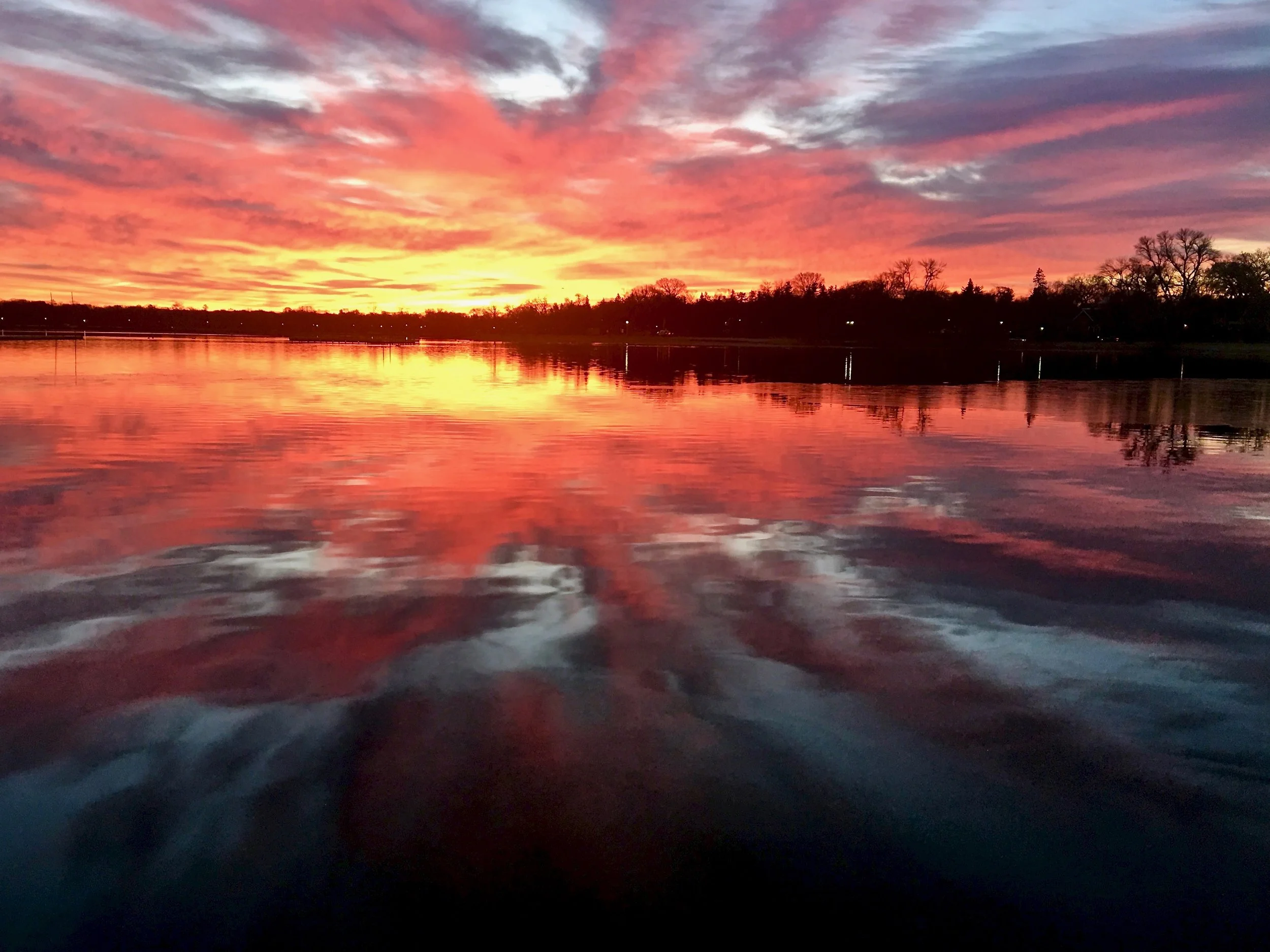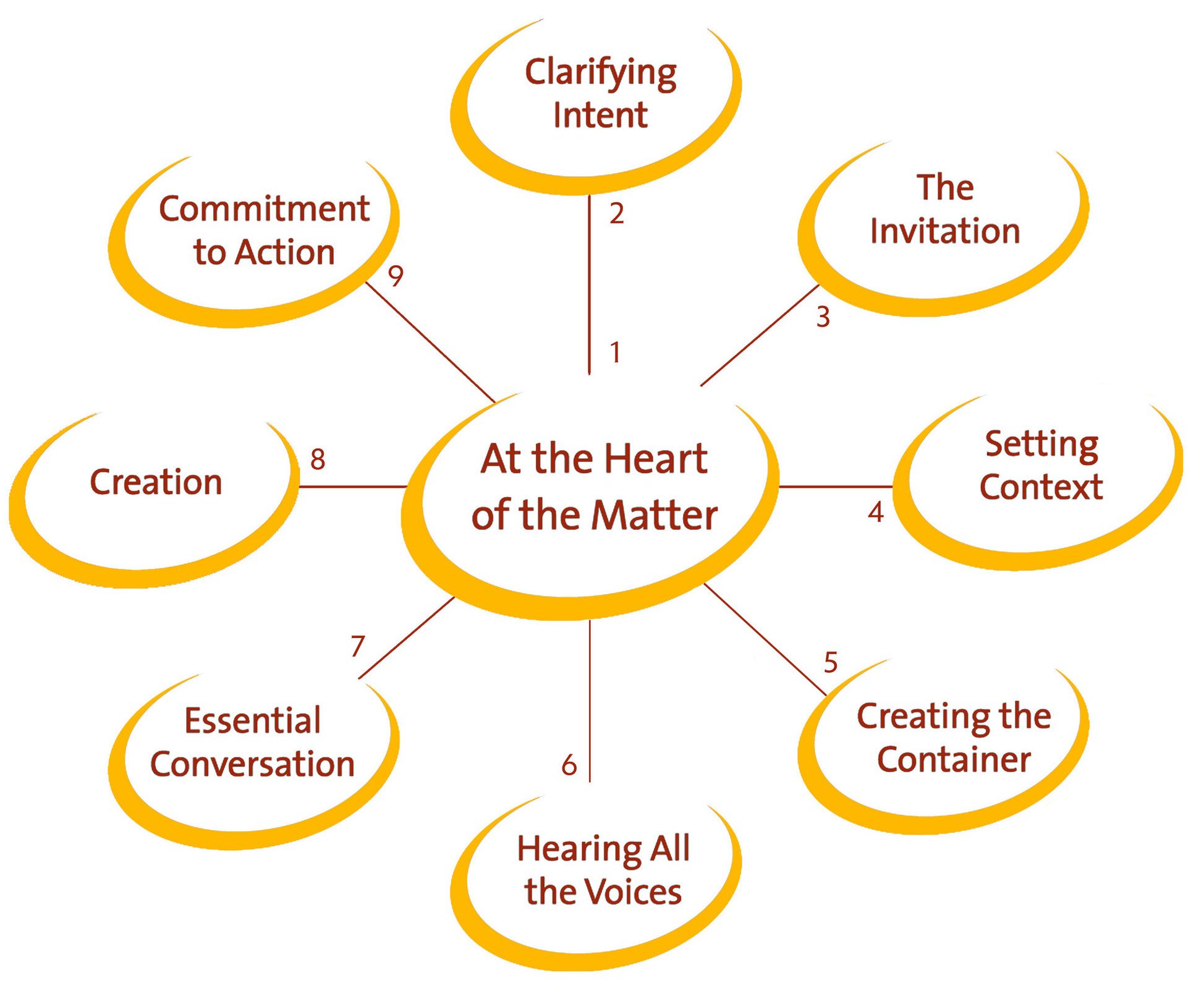[Hearth] Peacemaking from a Rwandan Perspective: Part 2
/By Lily Jones
When you look at the Continuum of Violence, Putin has been steadily walking down the 10 steps to social destruction, violence and now war.
Today we joined for our 95th Essential Conversation. Following last week’s conversation we welcome back our guest conversation starter from Rwanda; Jeremy Solomons. Today we took time to breathe, reflect, slow down, and dive deeper into our conversations.
CPL meetings and Essential Conversations sessions always walk through The Convening Wheel (9-steps of collaboration). Step 5: Creating the Container, we like to address what is happening in the larger world that impacts all of us. We are not separate. We want to hold the people of Ukraine in our hearts. The artist ED Hose was inspired by what is happening there and created the illustration titled Ukraine Tears.
“We bow our heads and clasp our hands, I think even the flowers are praying, their petals fall like tears to the ground. We see the Ukrainian flag, a sea of sunflowers against a pure blue sky, and hear the tiny whispers of their collective prayers for peace.”
Words from ED House (the artist): “Please share my art as a way of spreading love to your neighbors. May it touch those who need it most and remind the suffering that we stand together, facing the same direction.For those who have asked.” Posters, prayer necklaces and more are available here.
With all that is happening around the world and the conflict between Russia and Ukraine, we asked members “In the mist of ongoing disruption, how do you bring/keep peace/joy/love in your heart? “ This is an important to step back and focuses the attention on us. How are you doing individually and what are you doing to allow yourself to feel safe, loved, peace and perhaps happiness? We are surrounded by news, good and bad but often we remember the bad. It’s crucial to take care of your self even in times of disruption.
Following last week’s powerful story by Merveille, Jeremy further explains what was going on in her head during times of disruption. He explains the trauma she experienced during the genocide in Rwanda and how the country was betrayed. Why weren’t other countries doing more? The UN was present, as were France, Belgium and the US; however, countries stood back while the carnage was happening over an intense 90-day-period. The parallels to what is happening to the people in Ukraine are palpable. Although it is a different situation and time, the feeling of abandonment is still there. The feeling of betrayal can develop into PTSD, with feelings and behaviors that continue into one’s present life. Following this discussion, we asked members in Breakout groups to reflect on the question: Recall a time when you felt a sense of betrayal and were called, in time, to forgive. How do you find the strength to forgive?
Answering the question above gives us Hope. Hope that things will get better. Merville mentions: “I have cried so much, I have no tears left”. There is a sense of resilience, survival, trust, hope, and the ability to smile again. Those memories of sadness never go away, but you can breathe and respect the past. That doesn’t mean forget the past but find a way to forgive and be grateful for what we have now and build on that. Sharing stories like this with others can spread both pain but also recovery and joy that is possible to come to such tragedy.
As Jeremy states, when a country comes back together again after devastation; they try to find the fabric of that society that worked in the past - the traditional society. In Rwanda, the last week of each month each community gathers and helps the people and community around them. The more you have in contact with people around you, the less likelihood there is of conflict dehumanizing each other. We are here to re-humane the people around you not dehumanize.
Eric Ngangare: A renowned poet in Rwanda, Ngangare believes such messages through poetry can restore hope not only to the survivors but also the millions of people and families who lost their loved ones.
His poem ‘On memory and hope’ reflects on how hard it can be to survive such tragedies, nonetheless encouraging survivors to keep fighting because to him ‘survival above all is the struggle to stay sane.’
“When I wrote the poem, I thought of not only survivors but all Rwandans affected by this past, because we are all affected. Through this reflection, I focused on the question of mental health. I really hope for this poem and my work as a whole to help heal the wounded, to be a cane that the weak can use to continue walking, to be the drop of water that refreshes, to be the voice that whispers fantastic dreams in children’s sleep. I want us to be alive,” he says.
Join us next Monday for our Essential Conversations!





